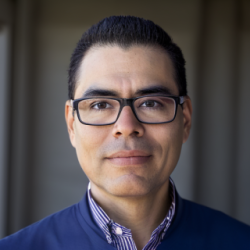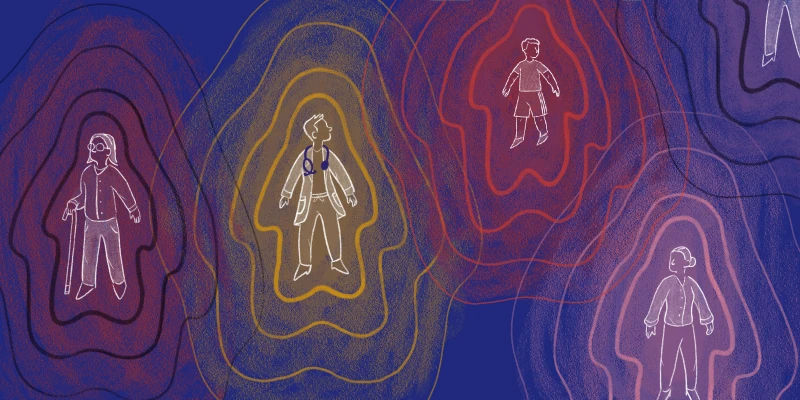Attending the American Academy of Orthopaedic Surgeons (AAOS) conference is always a professional highlight, and this year's gathering in San Francisco, California, brought together leading minds and advancements in the field, offering a platform for connection, collaboration, and staying at the forefront of orthopaedic innovation. NYU’s Division of Adult Reconstructive Surgery made a significant impact with 10 podium presentations, 14 electronic posters, and one physical poster, including a paper that earned the “Top Paper Award for Practice Management” and two posters selected for oral presentations during poster tours.
This event held particular significance for Claudette Lajam, my colleague, who was inducted into the prestigious Knee Society, only the second woman to achieve membership, while Roy Davidovitch was similarly honored by induction into the esteemed Hip Society. Additionally, I had the privilege of serving on the program committee for the hip and knee specialty days organized by the Hip Society, Knee Society, and American Association of Hip and Knee Surgeons.
Among the many impactful presentations, a standout study chosen for the oral poster tour was “Patient Demographic Factors Affect Response Rates to Patient-Reported Outcome Measures (PROMs) for Total Hip Arthroplasty Patients.” This research, examining the relationship between patient demographics and completion rates of Hip Disability and Osteoarthritis Outcome Score in total hip arthroplasty (THA), gains significance given the imminent Centers for Medicare & Medicaid (CMS) requirements linking hospital reimbursements to PROMs. Analyzing 2,908 THA patients, the study revealed disparities in completion rates based on age, race, insurance, marital status, and income quartile.
Patients aged 60 to 79, white, with Medicare insurance, married, and in the highest income quartile exhibited higher completion rates, while those aged 18 to 39, identifying as Black or “other” race, unmarried, and in lower income quartiles showed lower completion rates.
In essence, the implications extend beyond a single institution, prompting consideration of how well current PROMs data represent the diversity of the THA population. With the impending CMS requirement for institutions to submit PROMs for elective THA patients, understanding and addressing demographic variations in response rates is crucial. The study serves as a call to action, urging physicians to focus efforts on engaging patient groups less likely to participate, ensuring a more accurate and equitable reflection of arthroplasty outcomes.
As we approach increased PROMs integration into health care reimbursement models, these insights will drive us toward a more comprehensive, patient-centric approach in orthopaedic research and practice.
Dr. Ran Schwarzkopf completed a general surgery internship and residency in Orthopaedic Surgery at NYU Hospital for Joint Diseases. Subsequently, he completed fellowship training in adult reconstruction/total joint replacement surgery at Brigham and Women’s Hospital, Harvard Medical School in Boston.
Casey Cardillo is an Adult Reconstructive Surgery Research Fellow at NYU.
Illustration by April Brust






